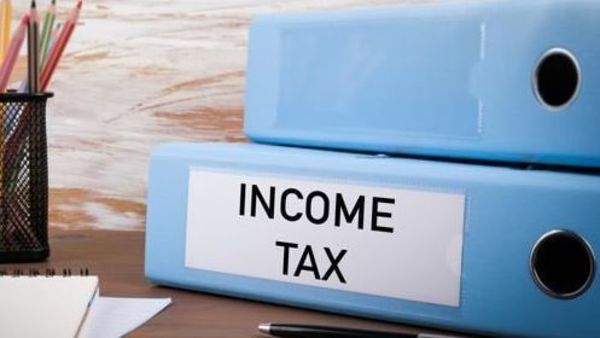It is very rarely that changes in personal income tax, the most sought after portion of a Budget monologue, could still lack clarity even nearly a week after it was put up in the public domain. Union Finance Minister Nirmala Sitharaman, in one of her post-Budget briefings to the press, even admitted so much. She said the changes in the tax proposals need clarity and her department would soon rise to the occasion. Pending a clarification from her department, the personal tax prescriptions enunciated in the Budget are confusing, to say the least. Sitharaman gave option to personal income tax payers to remain in existing tax scheme with all exemptions and deductions or opt for a new ‘simplified’ tax regime with lower tax rates but without exemptions and deductions. The FM claimed she has done away with 70 of the 100 exemptions, which means there are still 30 exemptions that would apply to the existing tax scheme. Unless there is clarity on the details of the exemptions and deductions that have ended and those that are still allowed, it cannot be said for sure which of the two options is better. Existing tax payers with a history of savings designed to save tax under the 80C of Income Tax Act will not plumb for the new tax regime unless there are effective exemptions in the new tax regime. For example, there is no clarity on exemption availed on the interest payout on home loans. Withdrawal of incentives to park money in savings will hit middle-class, salaried people’s savings propensity. A bad proposition when the rate of savings in the country has been considerably dipping. From the overall savings rate of around 36 per cent in 2012, it is down to 30 per cent now.
Withdrawal of exemptions allowed under 80C of Income Tax Act is not a good move. The rationale behind allowing exemptions under 80C was to induce people to save for their old age. This acted like a network of social security. Indian households are generally short-sighted and do not save adequately for old age. People, especially salaried people were forced to park money in long term savings like insurance and provident and pension funds as they gave them immediate return in terms of cutting down their tax outgo. The new system has done away with these incentives. Also, a developing country like India needs lots of long term savings, not just from abroad, but also domestic savings, for infrastructure investment. Instead of being paternalistic and pushing people to save for their old age, the government has acted to the contrary. The government thinks leaving more money in the hands of people will automatically push them to spend. But the fact remains that people do not spend more unless there is a corresponding raise in their monthly remunerations. Now that Parliament is in motion, the minister will do well to place an explanation note in the House on the details of the exemptions that have gone and those that are still there. As it is the changes in the personal tax structure introduced in the Budget will have marginal impact on tax payers. The idea that making the tax structure optional will drive people towards spending more and saving less may not come true. Sitharaman would do well to explain the remaining 30 exemptions without further delay and end the confusion, pronto.
